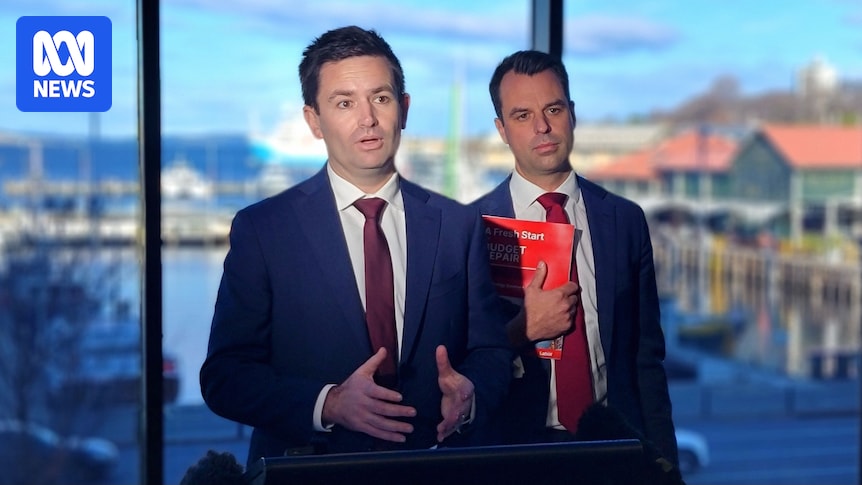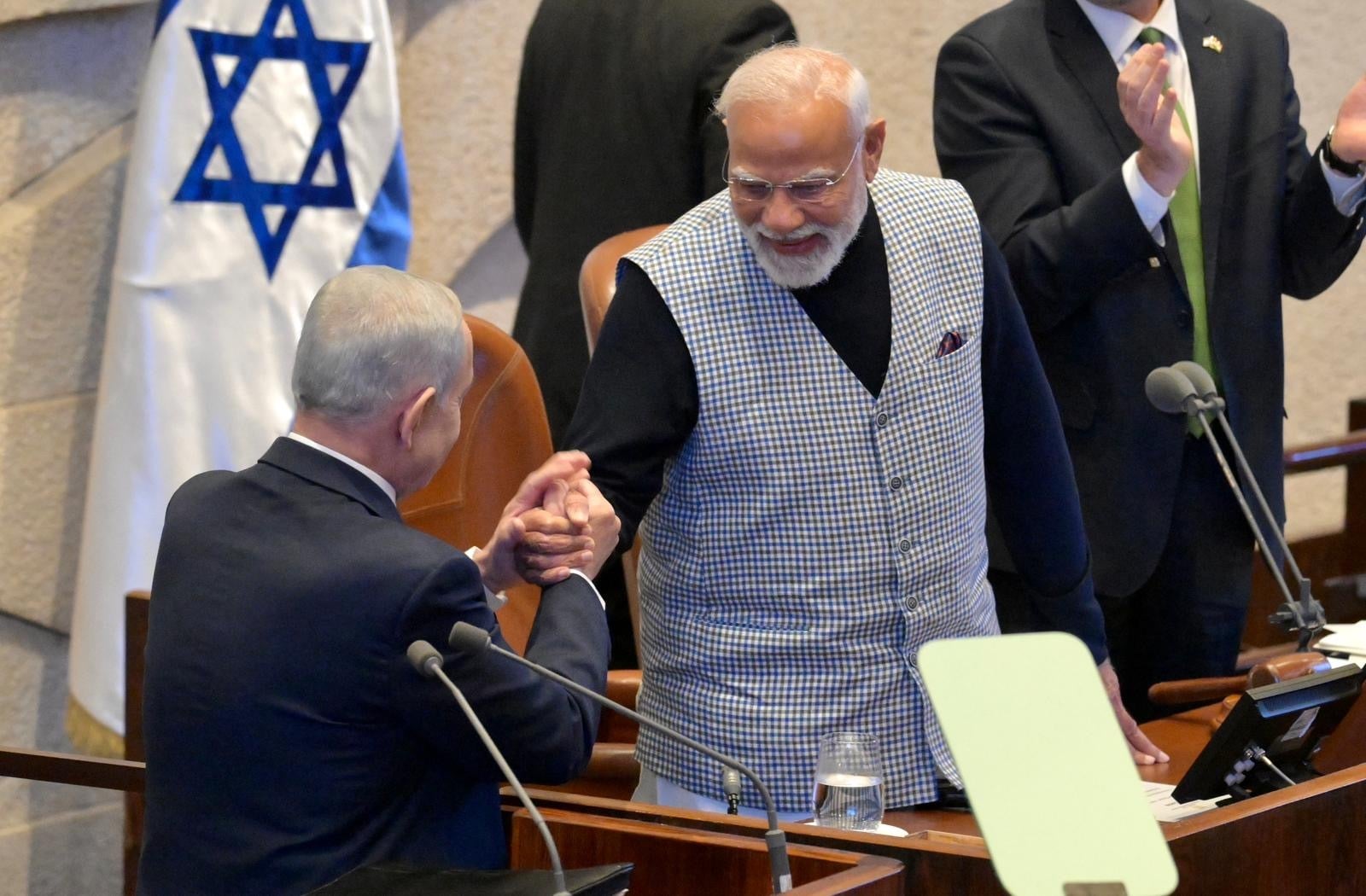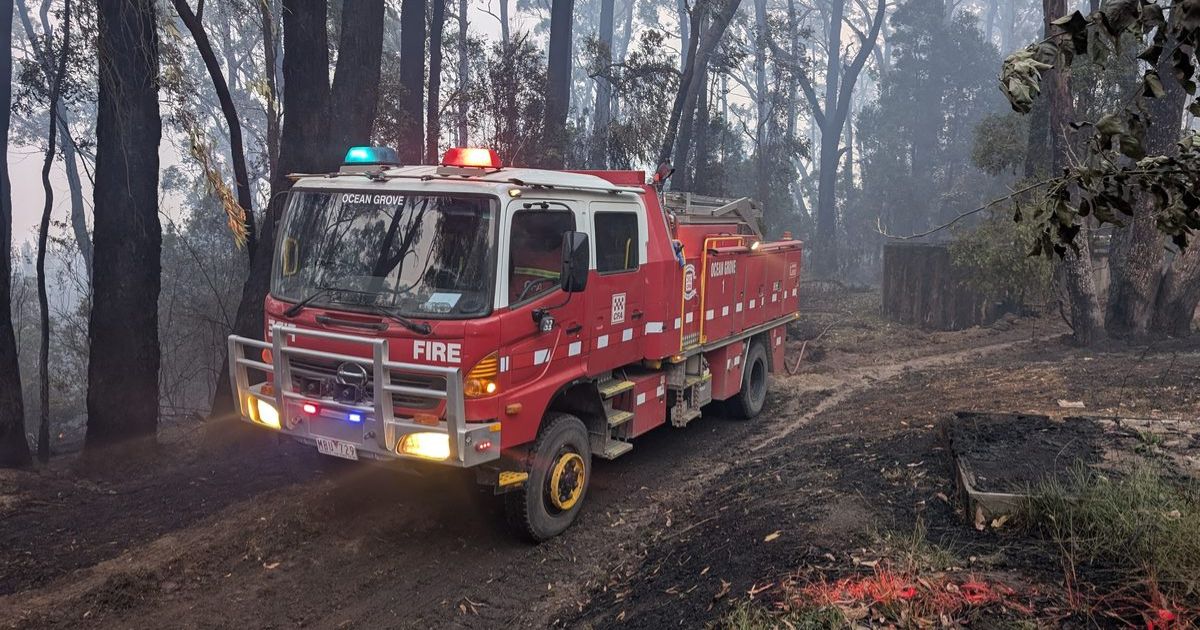
Tasmania’s leading business organization has thrown its weight behind Labor’s ambitious budget repair strategy, describing it as “courageous” just weeks before the state election. The Tasmanian Chamber of Commerce and Industry (TCCI) praised the opposition’s fiscal plan, which promises significant savings and debt reduction.
“For an opposition to put this sort of paper out three weeks before an election is fantastically courageous,” said Michael Bailey, TCCI’s chief executive. “What we’re seeing from Dean Winter and Josh Willie is a plan to fix the Tasmanian budget problem that we face ourselves with at the moment.”
The announcement comes as Tasmania prepares for a state election, with the Liberal Party launching its campaign amidst these financial debates. Labor’s plan, unveiled on Saturday, aims to save $1 billion over four years and channel all new revenue towards debt reduction. Key measures include selling the state’s stake in the Marinus Link undersea power cable and reallocating $100 million from the Motor Accidents Insurance Board.
Labor’s Fiscal Strategy: A Closer Look
Labor’s budget proposal has been characterized by Michael Bailey as a well-considered approach to the state’s financial woes. “Now that we’ve seen the Labor plan, it’s quite clear they are serious about budget reform,” Bailey noted. “There are some tough decisions to be made, and we understand that in business, we need to be part of the discussion.”
Treasury forecasts indicate Tasmania could face $13 billion in debt by 2028. Labor Leader Dean Winter has committed to establishing a budget repair round table, including business, unions, and community sectors, should his party be elected. “We know the size and scale of this problem is massive,” Winter stated, emphasizing the need for serious engagement with these issues.
However, not everyone is convinced. Treasurer Guy Barnett dismissed Labor’s plan as “one giant con,” criticizing elements such as the proposed sale of government assets and cuts in capital works without clear details.
“It includes sacking associate secretaries who don’t exist, claiming savings from the Southern Outlet that will cease to exist after scrapping the jointly funded project,” Barnett argued.
Liberals’ Campaign Launch and Promises
Meanwhile, the Liberal Party has officially launched its election campaign, with Leader Jeremy Rockliff emphasizing the strength of Tasmania’s economy. In Launceston, Rockliff highlighted the state’s economic growth and stability under Liberal governance, boasting a 26 percent economic expansion over the past decade.
“We can deliver the services Tasmania needs because we have a strong economy,” Rockliff asserted, pointing to achievements like the highest wage growth in the nation. The Liberals’ campaign also promises significant health sector investments, including a new 250-bed tower at the Launceston General Hospital (LGH).
The proposed northern health complex, set to begin construction in 2028, aims to “future-proof” hospital services in Tasmania’s north. “It will enable health services to meet expected future growth and demand,” Rockliff said, promising modernized inpatient units and expanded cancer services.
Health Sector Reactions and Criticisms
Labor’s Health spokesperson Ella Haddad criticized the Liberals’ health promises as recycled and unfulfilled. “Jeremy Rockliff’s big election announcement is a project the Liberals promised five years and two early elections ago,” Haddad remarked, expressing skepticism over the delivery of these commitments.
Health professionals have also weighed in. Phoebe Mansell of the Australian Nursing and Midwifery Federation acknowledged the need for more beds but highlighted current challenges. “Members are currently working in a hospital that is completely blocked,” she noted, calling for immediate solutions to existing gridlock issues.
Dr. Michael Lumsden-Steel from the Australian Medical Association stressed the importance of ensuring the new hospital infrastructure is fit for purpose and accommodates future growth. “We know the Launceston General Hospital needs significant infrastructure builds,” he said, emphasizing the critical nature of the proposed 250 beds.
As Tasmanians prepare to vote on July 19, the contrasting fiscal and health strategies of Labor and the Liberals will likely play a pivotal role in shaping the election outcome.






